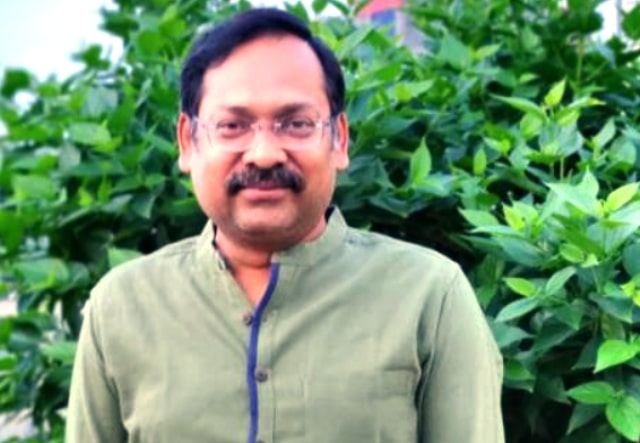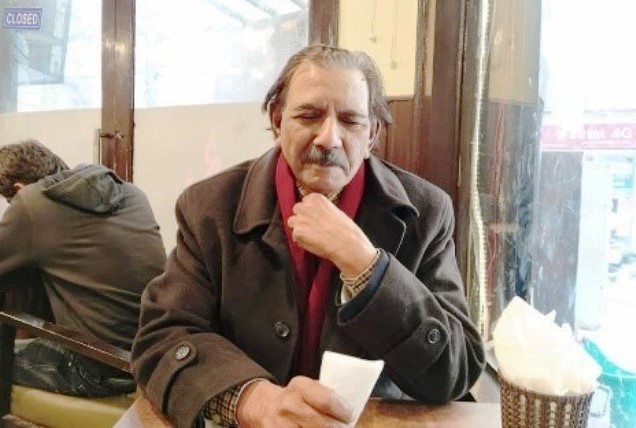Dr Manish S. Hindvi, Uttar Pradesh Congress leader, says the ruling dispensation conspired to push through amendments that should have faced House scrutiny. His views:
It has been well established by now that the present government at the Centre is working in a dictatorship mode. Other than suppressing all the voices advocating free and fair democratic setup, the BJP-led NDA government has nothing to boast in terms of its achievements in the past 10 years. The suspension of 146 Parliamentarians during the just concluded Winter Session must be seen in this context.
There was no other reason but to avoid any public debate in amendment of the three Criminal Laws. I suspect that the ploy to suspend MPs also carried a dip-stick test to gauge public opinion; if the decision had received any negative opinion they could well have recalled the suspension.
The other major development that went unnoticed was the introduction of the Bill which proposed the selection of the election commissioners by a panel led by the prime minister, leader of the opposition and a Union minister as it members. This was done, in the absence of a majority of opposition MPs, to overrule the verdict of the Supreme Court that ruled that the appointment (of the ECs) will be done by the President of India based on the advice of a committee comprising the PM, the leader of opposition and the Chief Justice of India. They conveniently and unethically replaced the CJI role with that of a Union minister to tilt the scales in their favour.
ALSO READ: ‘Suspension of MPs Smacks of Political Monotheism’
Other than its evergreen agenda of the Ram Temple and the abrogation of Article 370 from J&K, the BJP has nothing to put forward for the upcoming Lok Sabha elections irrespective of the fact that whatever is happening in Ayodhya was possible only after the verdict of the Supreme Court.
This government never talks of rising inflation, crime and unemployment as against the larger than the picture claims made on various platforms. They only peddle soft Hindutva (which they did in 2014) and Pulwama (in 2019); they forget that the issue of Ram Temple will only have limited impact in the northern part of India.
It is also unconstitutional and unbecoming for a PM to head any kind of religious function in a secular state. Ideally, the Shankaracharya or the head priest of the Ram Temple should be presiding over the consecration ceremony. Lord Ram is the subject of one’s personal faith and every Sanatani Hindu has a right over Ramji. But, can anyone restrict God to any single party?
By the actions and ongoing propaganda of BJP, it appears that the consecration ceremony is the program of only a single party. They (BJP) are sending invitations by a pick and choose method as if they have the proprietorship over Lord Ram and they are, in a way, also checking the reaction (of the opposition parties) that they could well use in the elections.
I am a Sanatani Hindu and I will not wait for any invitation or directions from anyone to pay a visit to the Ram Temple as we bow to God on every auspicious occasion and the beginning of each day.
As told to Rajat Rai
For more details visit us: https://lokmarg.com/

